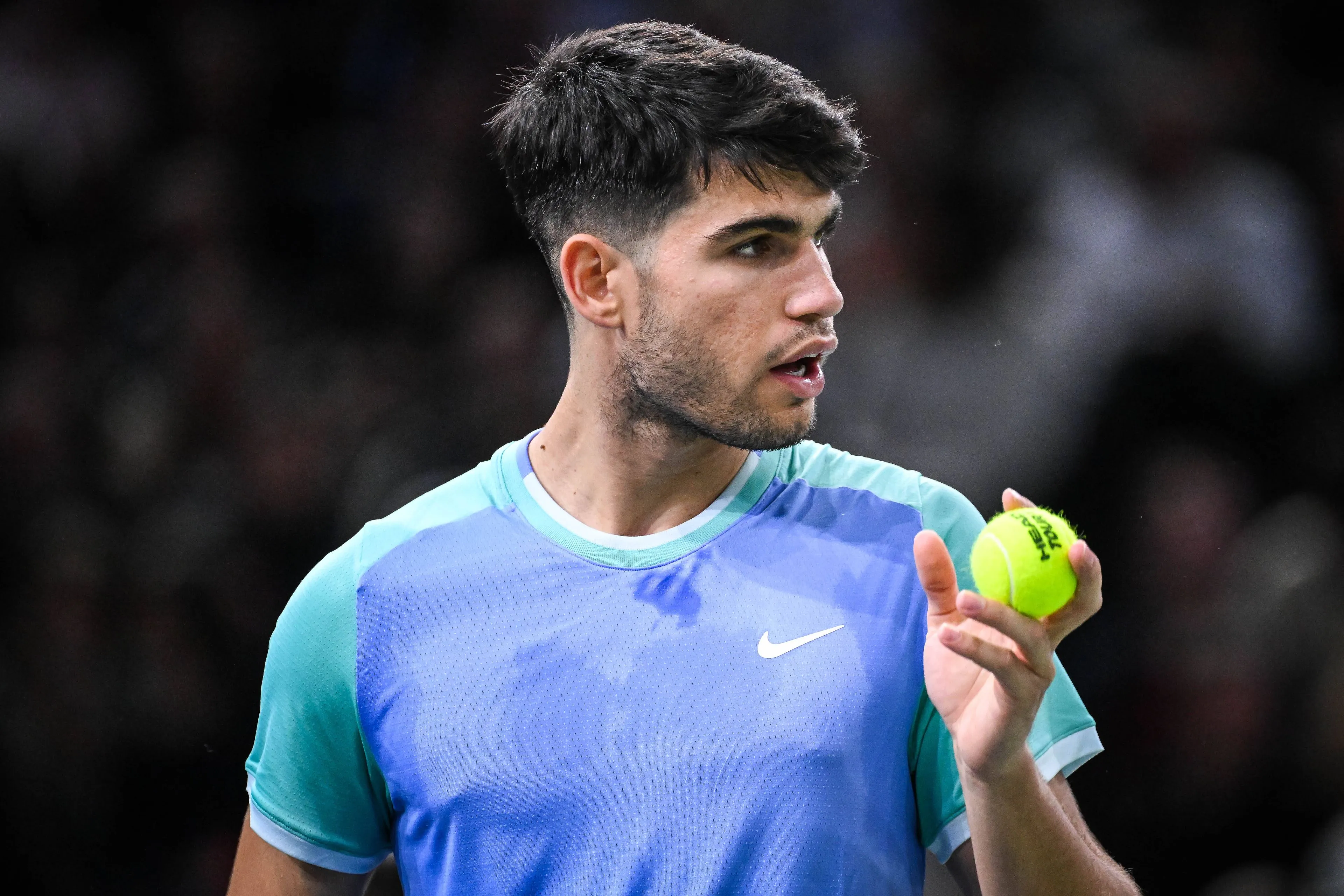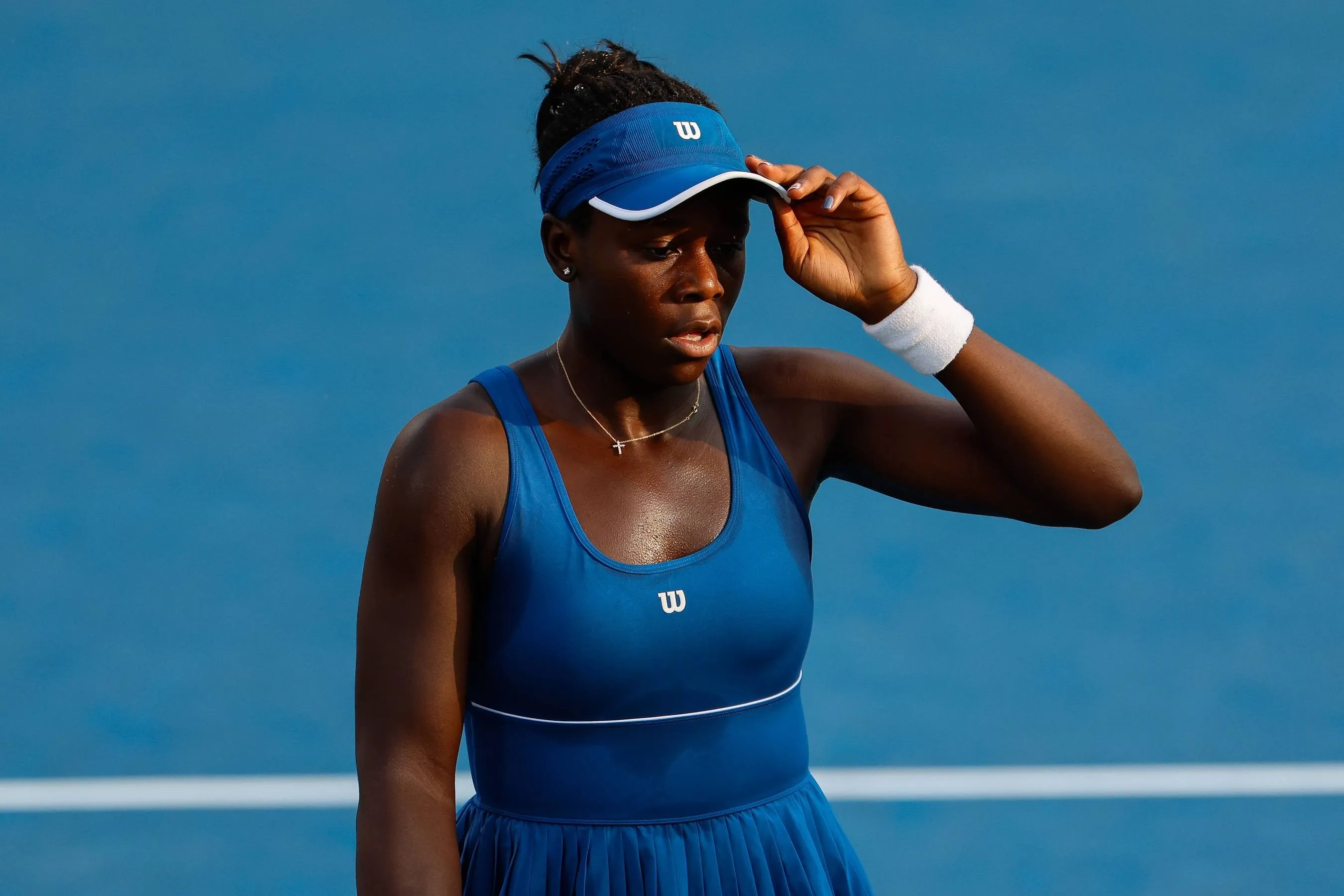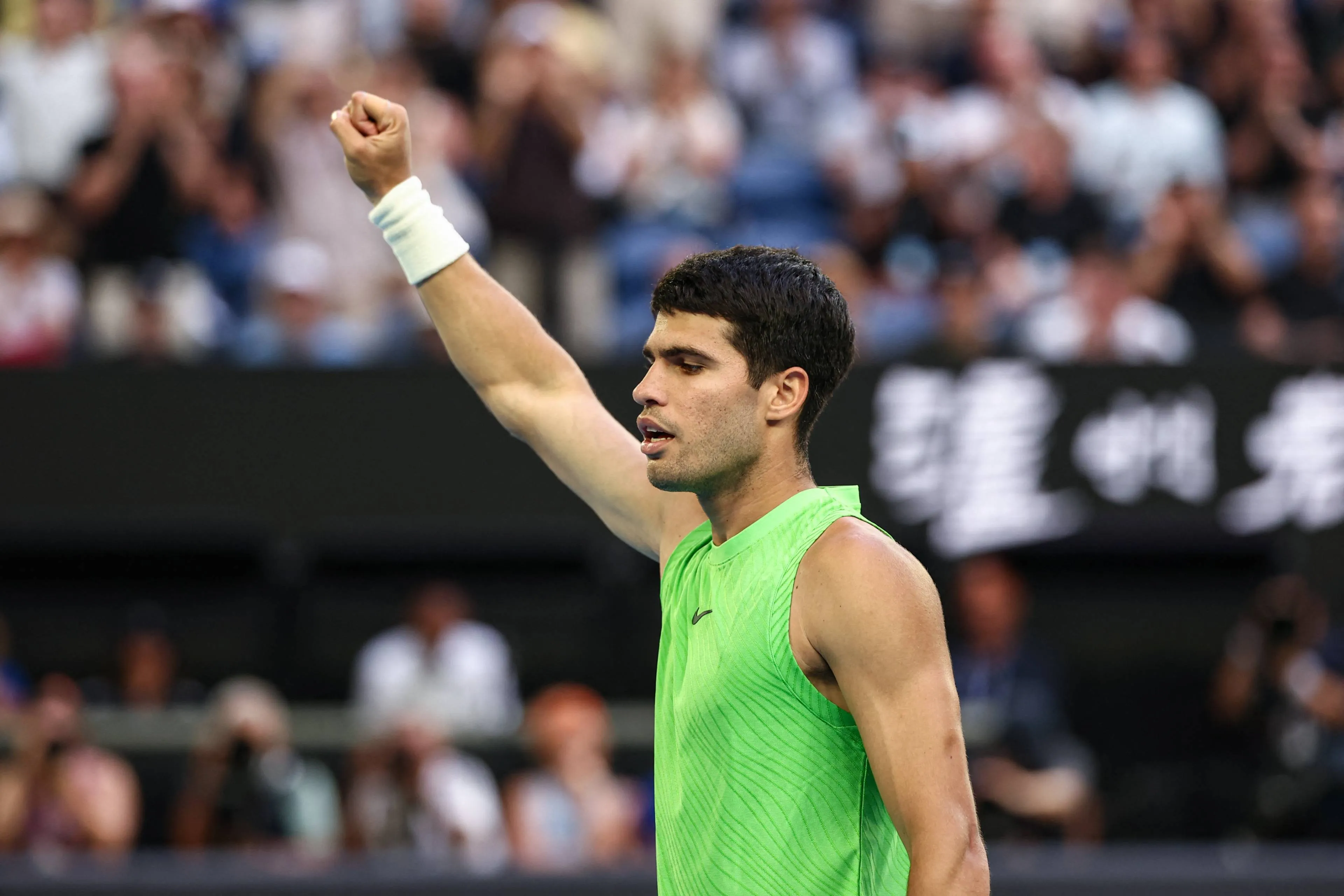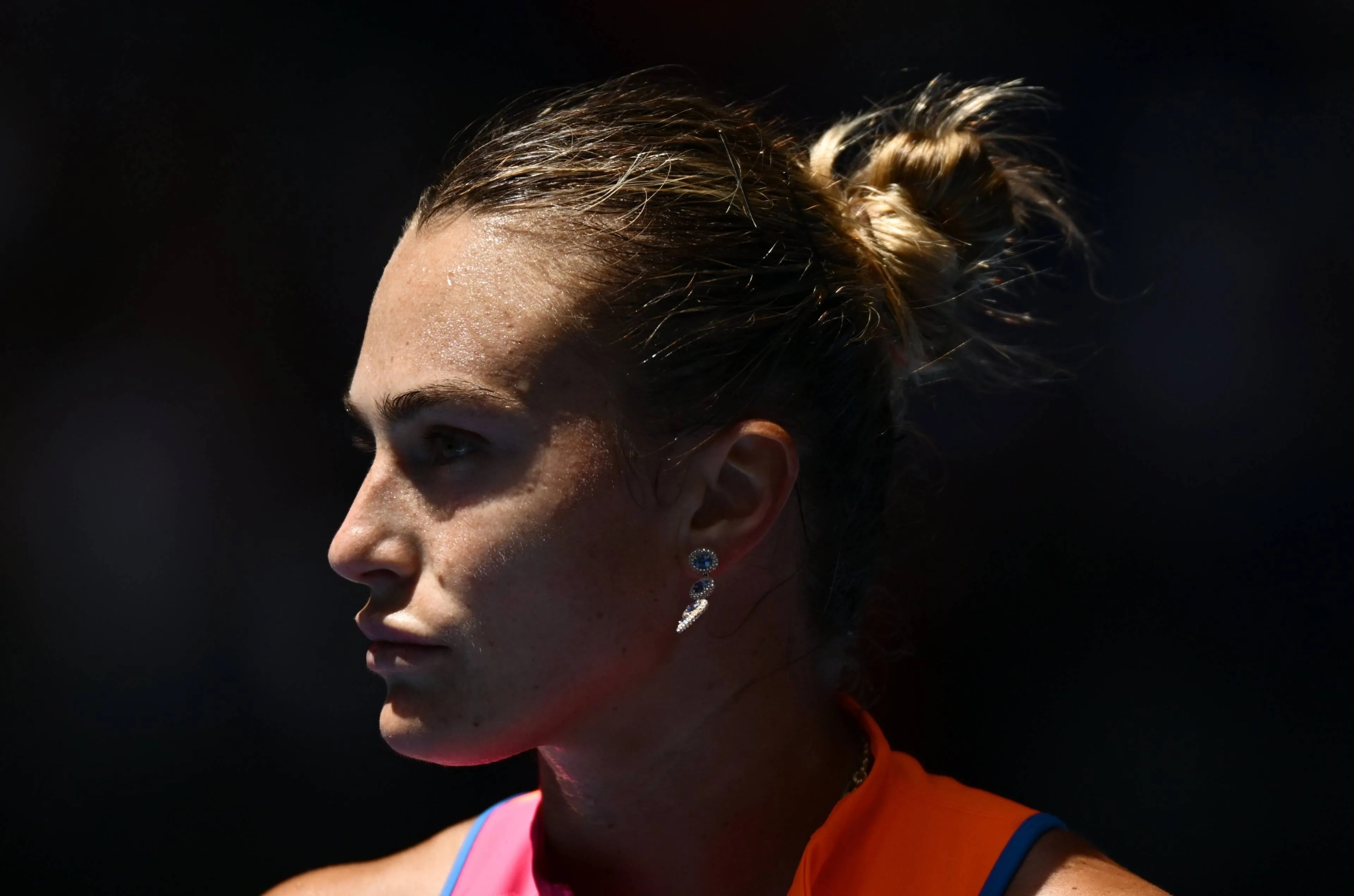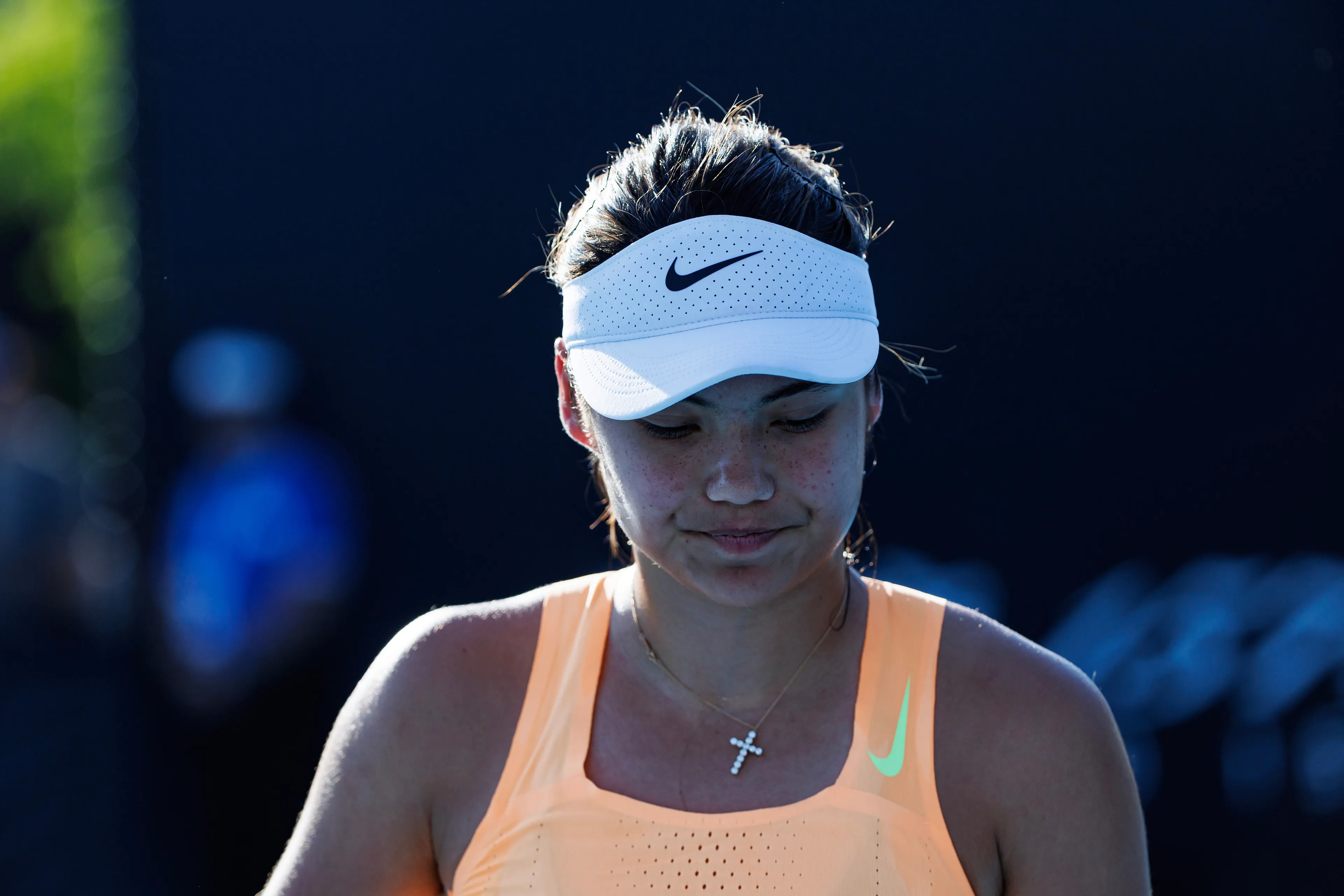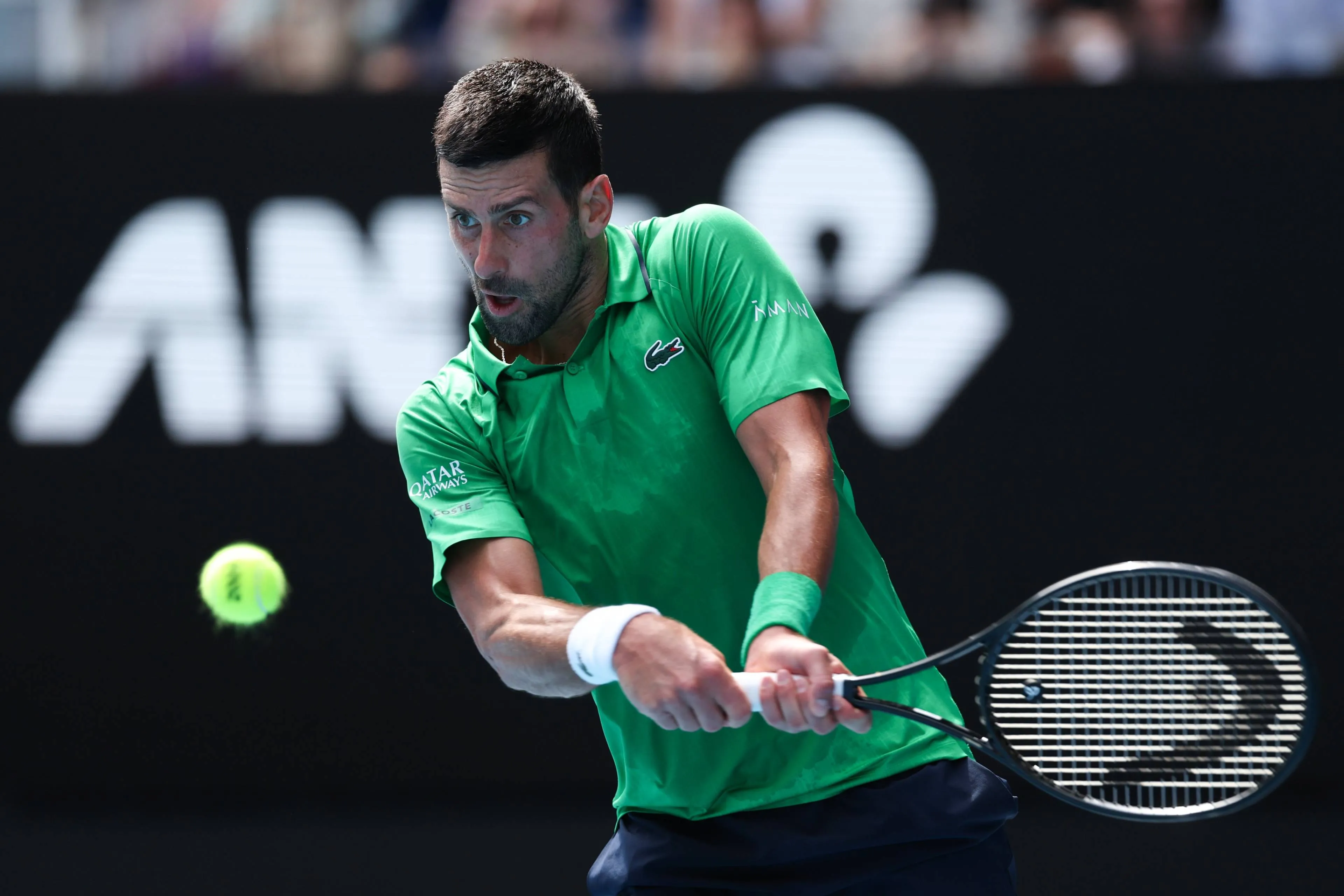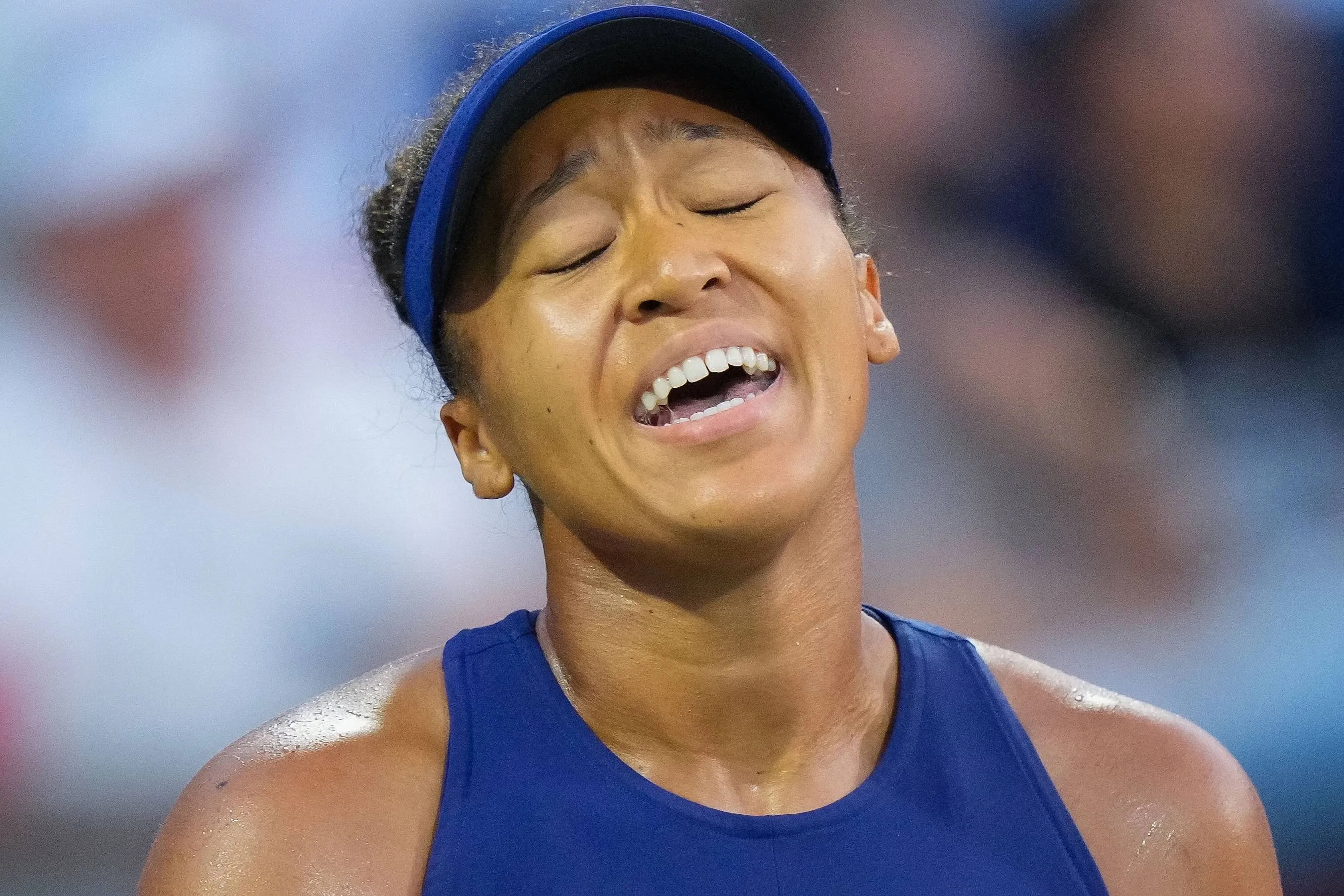Rafael Nadal Reveals He Was Told 'He Would Never Play Tennis' When He Was 17
NewsWednesday, 18 December 2024 at 11:40
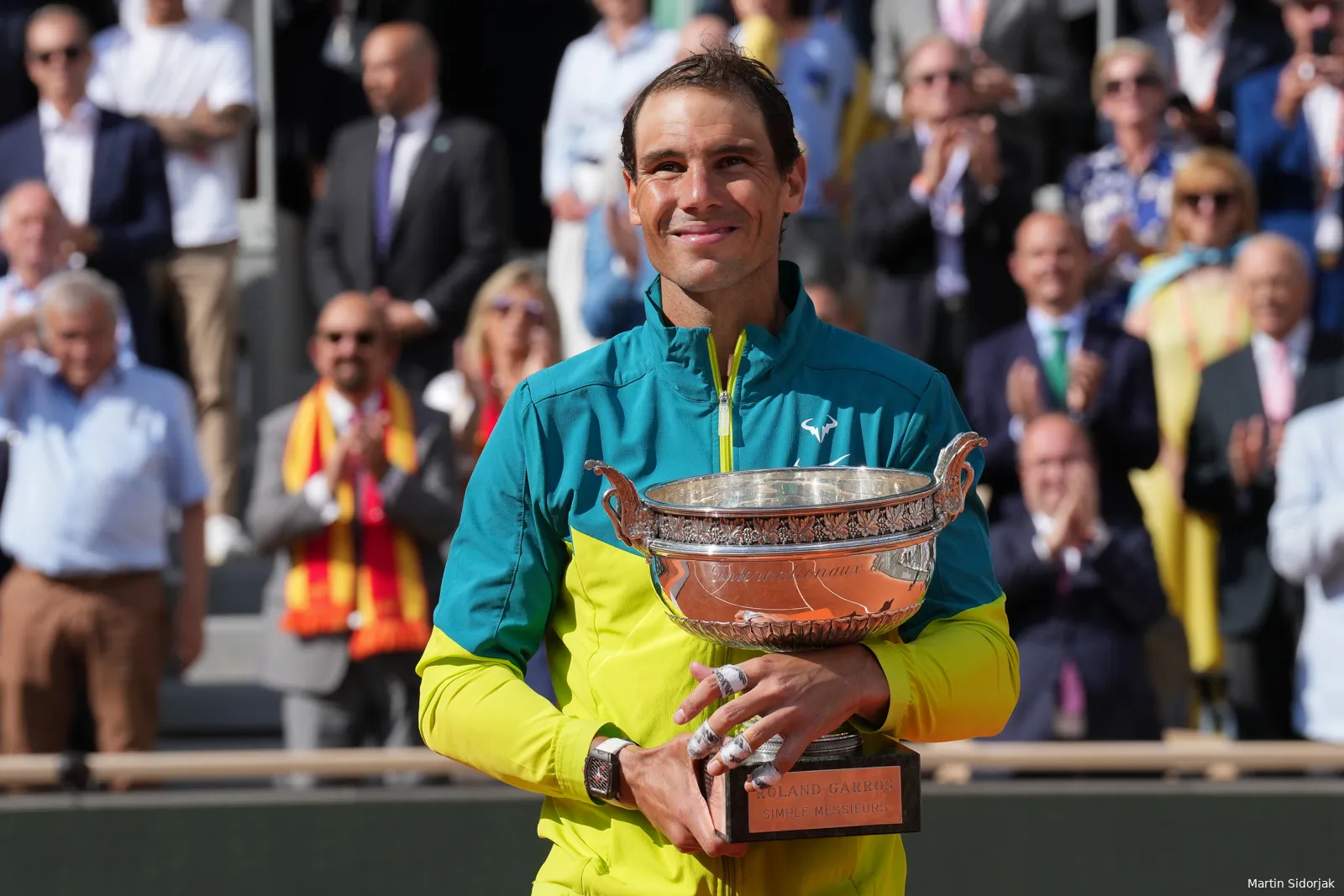
Rafael Nadal might be one of the most successful tennis players ever, but his tennis career almost never happened.
Already in his teenage years, it was clear that Nadal was a special talent. He was able to beat players much older than him, and that's why he was also one of the most successful teenagers in the history of the sport.
However, his tennis career almost never happened. Now, after it's already over, the Spaniard can celebrate winning 22 Grand Slams, holding the World No. 1 spot for 209 weeks, and many more achievements, but 21 years ago, he almost cried his eyes out, learning that he might not be able to compete at all.
Throughout his tennis career, Nadal struggled with a disease called Mueller-Weiss syndrome, which is a very rare condition in which the person's navicular bone progressively collapses, causing a lot of pain.
That's something Nadal had to deal with throughout his tennis career. At the 2022 Roland Garros, for example, he even had to use injections to numb his foot, still winning the tournament.
Now, after his career, the 38-year-old player uncovered some moments from his career in a piece for The Players' Tribune. Nadal detailed how he learned about his condition when he was 17.
Initially, the Spanish player was told that he might not be able to play tennis professionally at all, something that stunned him, as he couldn't stop crying for days.
"I got hurt when I was 17 and I was told I would probably never play professional tennis again. I learned that things can end in an instant. It’s not just a tiny crack in my foot, it’s a disease."
"There’s no cure, only management. Mueller-Weiss syndrome. What does that even mean? You go from the greatest joy to waking up the next morning not being able to walk."
Luckily for Nadal, his father, Sebastian, always stood by his side, and it was his words that encouraged young Rafa. His father told him that they would do everything possible to find a solution, and even if not, it wouldn't be the end of his life.
Read also
"I spent many days at home crying, but it was a great lesson in humility, and I was lucky to have a father — the real influence I’ve had in my life — who was always so positive. 'We will find a solution,' he said. 'And if we don’t, there are other things in life outside of tennis.'"
Those words were very important for young Rafael, who was eventually able to fight the disease throughout his tennis career, even though, at times, it cost him being 100% ready for certain matches or tournaments.
"Hearing those words, I could barely process it, but thank God, after a lot of pain and surgeries and rehabilitation and tears, a solution was found, and for all these years, I was able to fight through it."
Read also
Loading

